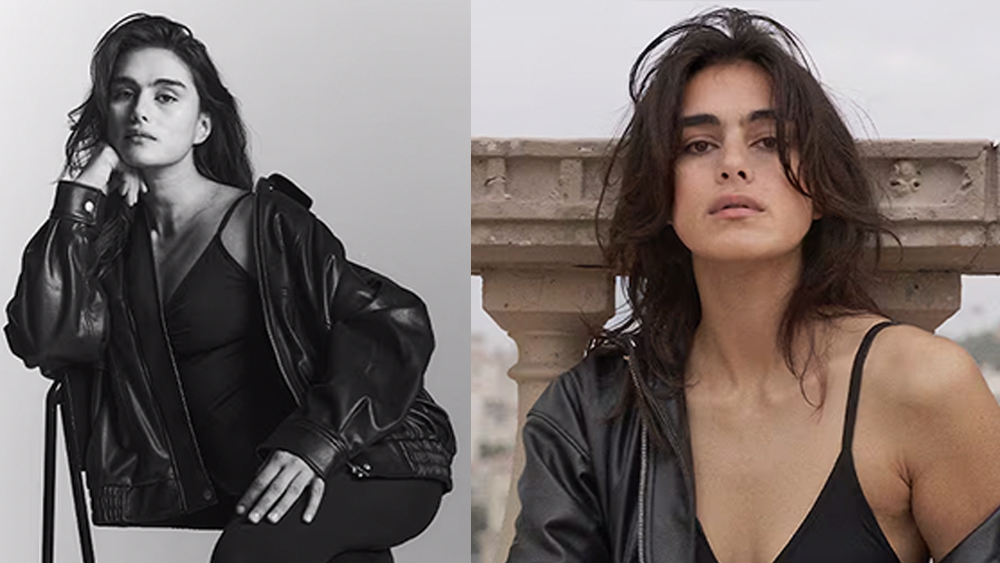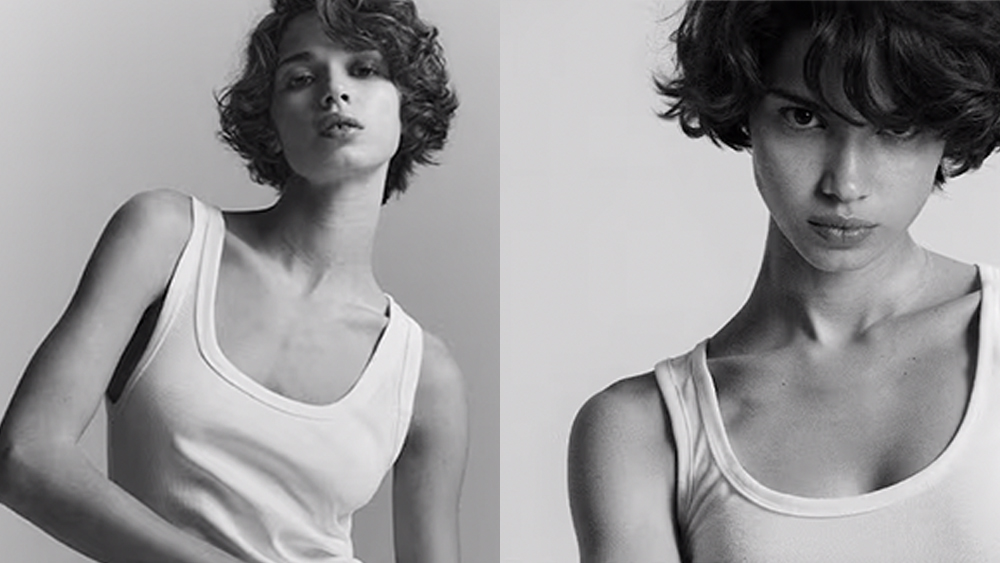
We've been hearing a lot in the past year about the rise of digital twins in advertising. They've been used in the automotive sector for years, but the faster-moving consumer goods sectors has been slower to adopt them.
That's started to change with the adoption of game engines like Unreal Engine 5 for 3D workflows and now with advances in generative artificial intelligence (AI) making clones easier to create. In a sign that digital twins are going mainstream, the clothing retailer H&M has decided to use digital clones of models.

As reported by Business of Fashion, H&M is working with Swedish tech firm Uncut to use AI to create digital clones of 30 models. They will be used in place of human models in some social media posts and marketing assets.
It's been two years since Levi's announced that it was testing the use of AI-generated models. H&M is avoiding some of the controversy over AI by using clones are based on the likenesses of consenting human models.
The company, which has more than 4,000 stores in 75 markets and also owns Arket, Monki, & Other Stories and Weekday, says models will retain the rights to their digital replicas and will get paid for their use in a similar way to existing arrangements, receiving rates agreed by their agents. Images would probably be used with disclaimers to clarify that they were made by AI.
Chief creative officer Jörgen Andersson in a statement: "We are curious to explore how to showcase our fashion in new creative ways – and embrace the benefits of new technology – while staying true to our commitment to personal style."

Some models are embracing the new tech too, believing that it will allow them to work more and travel less. "She's like me, without the jet-lag," the model Mathilda Gvarliani is quoted as saying.
But despite H&M's insistence that the move won't change its "human-centric approach", some are concerned about the potential impact of digital twins on production designers, photographers and make-up artists as well as on other models.
Digital clones could allow already successful professionals to be in more places at once and to make more money, but this over-availability of established artists could mean less chance for new talent to break through.
In this sense, AI wouldn't be empowering new creatives and artists, but pulling the ladder up behind the existing generation. In theory, a model could continue to use a digital clone of their 20-year-old self forever, and even after their death (at least until the market tires of them).
The US fashion influencer Morgan Riddle described the move as "shameful" in an Instagram Story. "RIP to all the other jobs on shoot sets that this will take away," she wrote.
On its website, Uncut says it's "helping big brands say goodbye to outdated production methods" and making content creation "simpler, smarter and more affordable".
I wonder, though, if there is a risk for models who permit AI clones too. If they spread themselves too thinly and allow overly wide use of their likeness, the value of their own image could decline.
For more controversial use of generative AI, catch up on the fallout from OpenAI's new image generator's ability to Ghiblify any image.







